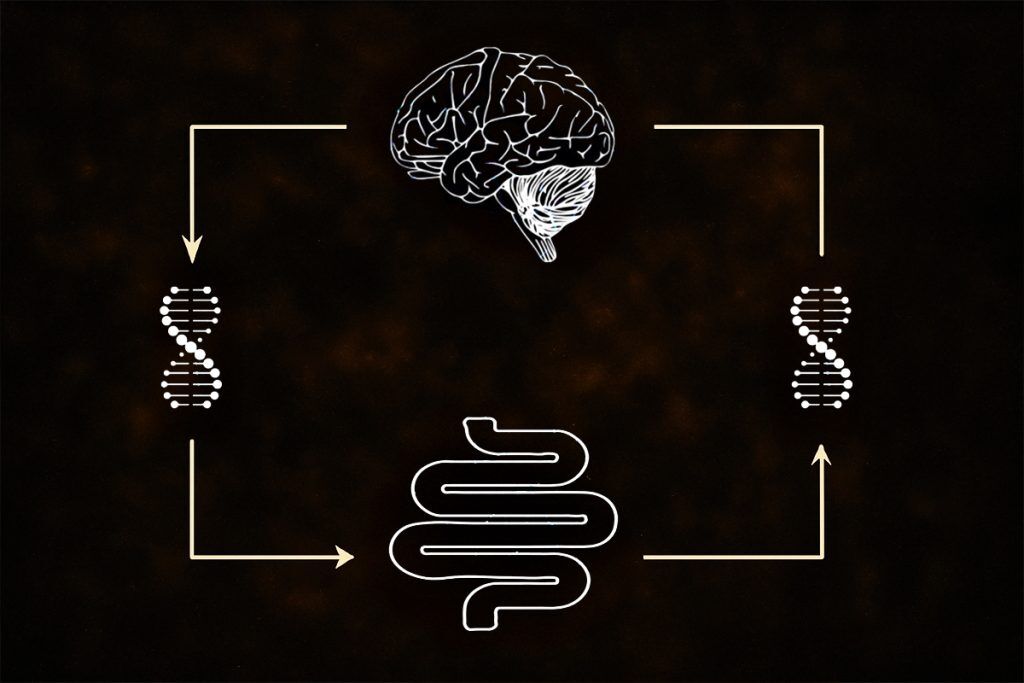
What Is Osteopenia?
Most of us have heard of osteoporosis, a condition where severe bone loss causes bones to become brittle and more likely to fracture. But how to prevent osteopenia—the stage before osteoporosis—is something many people overlook.
Osteopenia occurs when bone density is lower than normal but not low enough to be classified as osteoporosis. It can affect both men and women, though it’s especially common in women over 50. In fact, about one-third of adults over 50 are estimated to have osteopenia.
Fortunately, how to prevent osteopenia doesn’t have to be complicated. A combination of a nutrient-rich diet and regular physical activity can help slow bone loss, support long-term bone strength, and reduce your risk of progression to osteoporosis.
Key Nutrients for Bone Health
Certain nutrients are essential for maintaining bone strength and preventing further deterioration. Here’s what to focus on:
- Calcium – This mineral is key for maintaining bone strength. About 99% of the calcium in our body is stored in bones. Sources include milk, cheese, yogurt, tuna, salmon, beans, bok choy, leafy greens, and fortified cereals or plant-based milks.
- Vitamin D – Helps your body absorb calcium and regulate the cells that form bone. Sources include tuna, salmon, herring, mackerel, and fortified foods like milk. You may need a supplement—consult your healthcare provider for guidance.
- Magnesium – Helps your body use calcium and vitamin D effectively. Sources include nuts, seeds, leafy greens, and whole grains.
- Vitamin K2 – Supports bone remodeling by replacing old bone with stronger new bone. Sources include fermented foods (sauerkraut, kefir) and chicken breast.
- Boron – May help with bone growth and regeneration. Sources include peanuts, pears, apples, avocados, raisins, and peaches.
How Exercise Helps Prevent Osteopenia
Physical activity is essential when looking at how to prevent osteopenia naturally. Weight-bearing and resistance exercises—such as walking, jogging, or lifting weights—stimulate bone growth and help preserve bone density.
Before starting a new exercise routine, consult with your doctor or an exercise physiologist for recommendations tailored to your needs. A combination of nutrient-rich foods and regular exercise can significantly reduce your risk of bone loss and help you maintain a healthy, active lifestyle.
Contact our team for help creating a personalized bone health plan.
#Osteopenia #Manage #Lori #Skurbe


